 “Who Are You?” is an ongoing series that asks members of Culture on the Edge to reflect on one of their own many identities (whether national, gendered, racial, familial, etc.), theorizing at the same time the self-identification that they each chose to discuss.
“Who Are You?” is an ongoing series that asks members of Culture on the Edge to reflect on one of their own many identities (whether national, gendered, racial, familial, etc.), theorizing at the same time the self-identification that they each chose to discuss.
When, back in early 2001, I got the job as Chair of the Department of Religious Studies at the University of Alabama I was working at what was then called Southwest Missouri State University, in Springfield, MO, and I recall sending out an email to my friends and colleagues in North America and Europe, to let them know that I’d soon be moving. Many wrote back their congratulations, of course, but I noticed a curious thing: unlike my Canadian and European friends, many of my U.S. colleagues’ congratulations came with what I read as subtle qualifications, equivocations, maybe even an unwritten sigh or two. For, sooner or later, they’d write something like, “Alabama? Really?” or “Wow. Well, good luck.”
It seemed that while others had read the part about becoming a department chair or moving to a major state university, others couldn’t get past the part about moving to Alabama. Continue reading “Who Are You? I’m an Alabamian”


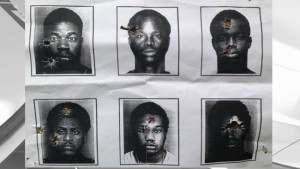
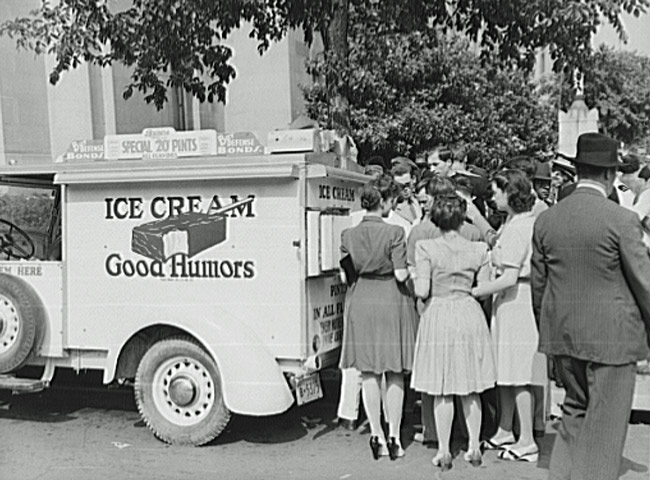 I recently wrote
I recently wrote “
“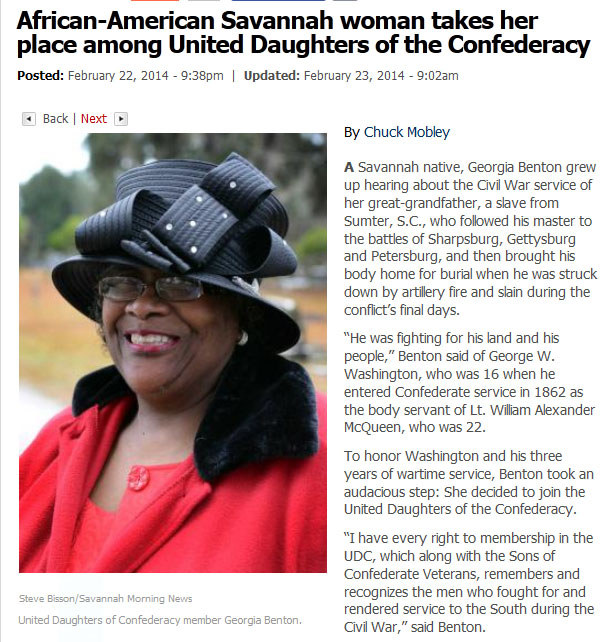 This is an interesting
This is an interesting 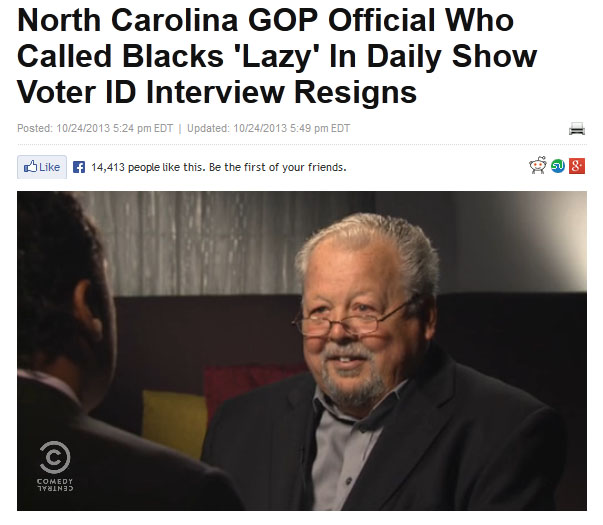 As I tried to suggest in a
As I tried to suggest in a 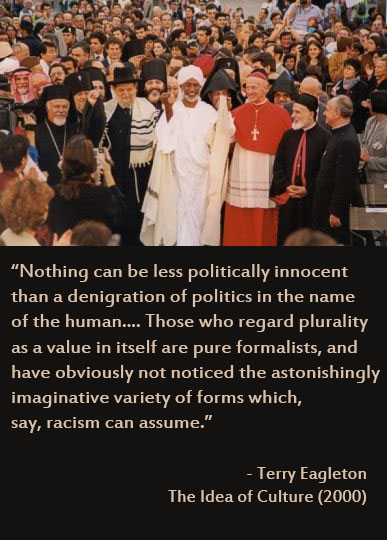 Read
Read 
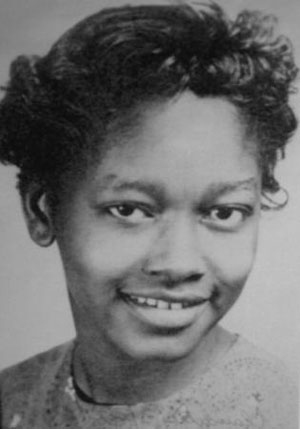 Today is the 50th anniversary of Martin Luther King’s
Today is the 50th anniversary of Martin Luther King’s